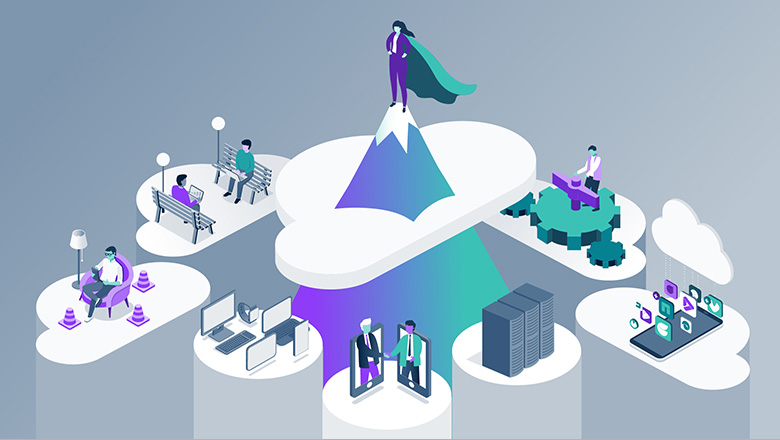The Intelligent Brewery
From barkeeper to CIO: “It’s all about people”
“The Intelligent Brewery" is the name of the project that Rijnen and his team have launched together with Swinkels Family Brewers’ Board to modernize the group from the inside out. Swinkels Family Brewers has six brewery locations in the Netherlands, Belgium and Ethiopia, offers 300 different beers in 130 countries, and serves thousands of customers in the retail and gastronomy sectors. A convoluted company structure that needs to become more transparent and agile. In fact, it has to. "Not as an end in itself, but to face the future," emphasizes the 45-year-old. "If we want to remain agile and successful in our markets, we need to understand and meet our customers’ needs faster and with greater precision. And we will gain this crucial knowledge through data."
Swinkels Family Brewers - a family-led brewery group in the Netherlands that looks back on 300 years of tradition
Good intuition, agile processes
Swinkels Family Brewers has always had good intuition about beer. The family-owned company with 1,800 employees is well aware that it's all about craftsmanship, taste and identity. A local beer is like a beloved regional dish that warms the heart and feeds the soul. The ingredients and recipe have to be right: It embodies the self-image of the people in a region. Therein lies its value and the core of its brand. The company’s vast diversity of different beer brands is its capital, a blessing of sorts.
Over 300 different beers in more than 130 countries
But it's also a curse, because with the group’s growth and diversity come complexity and inflexibility. On the business process level, for instance, there’s a wide variety of information and processes. The facts used for decision-making aren't always reliable, and there's a lack of clarity. Take this example: Within the group, there are easily 2,000 different price models for customers. It's obvious that this is far too complex and isn't sustainable. 20 to 30 would suffice, states Maurice Rijnen, illustrating the situation with a comparison: "It's like not knowing your way around your own house anymore. As if you didn't know how the rooms are arranged and which way you have to go to get to the basement or garden."
The "Intelligent Brewery" will remedy the situation. In the first phase of the program, central business processes like Order to Cash, Maintain to Operate, and Source to Pay will be defined and harmonized by 2024 to create the foundation for further digitalization and automation. Software AG’s ARIS tool will provide support, creating a finely branched process map of the entire group step-by-step. "Picture it like a Metro map," says Maurice Rijnen. "We see where a process begins, ends and where processes overlap. This enables us to assign employees clear roles for who should manage what in this process." That's what it's all about in the end: Every employee should know their responsibilities and competencies within the processes. And that they can make good, quick decisions based on data.
Process mapping
Technology + People = Innovation
Maurice Rijnen is convinced that the transformation involved with this project can only develop its full force if technology and people grow together. "That's why it's important for me to create a motivating atmosphere in which everyone learns from each other and people want to grow and develop," he notes. Connecting employees in meetings, workshops and e-learning offerings and convincing them to embrace the opportunities the new platform brings, and putting them in the position to become active themselves and help shape the company: These are fundamental tasks for Maurice and his team.
The Intelligent Brewery
Which brings us back to comparing the IT business and barkeeping. "Back then, in the café in Amsterdam, I constantly had to assess very different people and situations, and ensure that the evening went smoothly. Guests should feel welcome and want to come back." A major IT project is similar. Employees need to continue feeling accepted and at home in their company in the midst of change. It's not about replacing or watering down that highly evolved intuition for the art of beer brewing and the intimacy of individual brands through digital tools. Quite the opposite. "We bring together the best of both worlds to make ourselves a little bit better," states Maurice Rijnen.
And what will happen when the project is over? What's next for him? "Well, that will also be similar to a night after a long evening in the bar in Amsterdam," he grins. A small beer as a reward in the quiet of the evening after the last guests have gone—and then falling into bed bone-weary.


